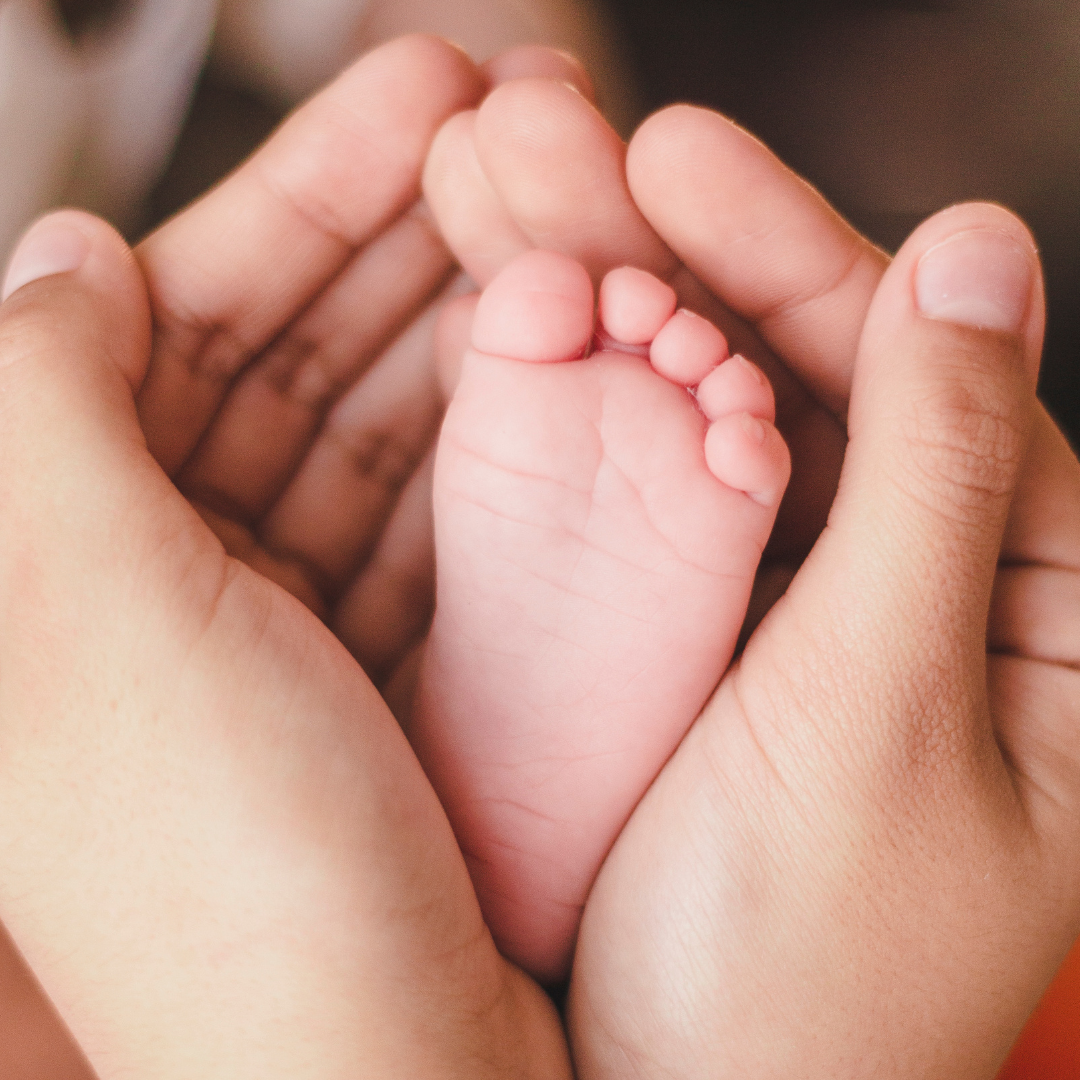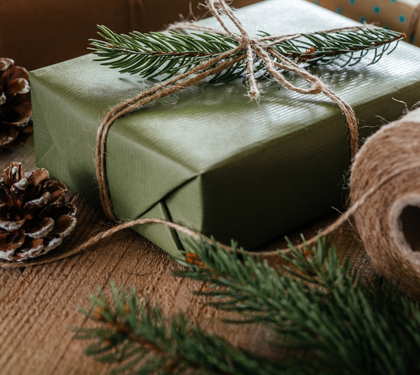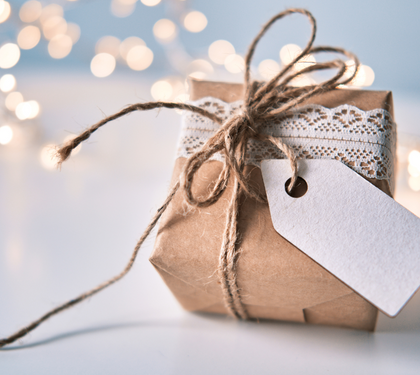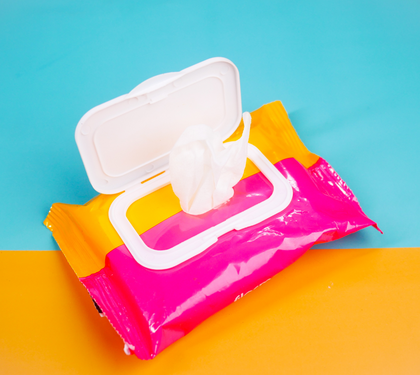Welcoming a new baby into the world is a joyous occasion, filled with excitement and wonder. As parents, we naturally want the best for our little ones, and that includes ensuring they have a safe and healthy environment to grow up in. Choosing eco-friendly baby products is one of the most impactful ways we can protect our babies and the planet. Here’s how you can make informed choices to minimize your ecological footprint while providing the best for your child.
Why Choose Eco-Friendly Baby Products?
Before diving into the specifics, it’s essential to understand why opting for eco-friendly baby products matters. Traditional baby products often contain harmful chemicals and materials that can be detrimental to both your baby’s health and the environment. By choosing sustainable alternatives, you reduce exposure to toxins, promote the use of renewable resources, and support companies that prioritize environmental responsibility.
Key Factors to Consider
When selecting eco-friendly baby products, consider the following factors to ensure you’re making the best choices:
1. Material Safety
Look for products made from natural, non-toxic, and organic materials. Organic cotton, bamboo, and natural rubber are excellent choices. These materials are free from harmful chemicals like pesticides, phthalates, and BPA, ensuring they are safe for your baby’s delicate skin.
2. Sustainability
Opt for products that are biodegradable or recyclable. Companies that use sustainable farming practices and renewable resources help reduce environmental impact. Check for certifications like GOTS (Global Organic Textile Standard) or OEKO-TEX, which indicate that the product meets high environmental and social standards.
3. Durability
Choose items that are built to last. High-quality, durable products reduce the need for frequent replacements, saving resources and reducing waste. Look for sturdy construction and timeless designs that can be reused for future siblings or passed on to other families.
4. Minimal Packaging
Excessive packaging contributes significantly to environmental waste. Select products with minimal, recyclable, or compostable packaging. Some companies even offer bulk buying options or reusable packaging solutions.
5. Ethical Manufacturing
Support brands that ensure fair laboUr practices and humane working conditions. Ethical manufacturing not only ensures the well-being of workers but also often correlates with higher quality and more environmentally friendly production processes.
Must-Have Eco-Friendly Baby Products
1. Organic Clothing and Bedding
Start with the basics. Organic cotton clothing and bedding are soft, breathable, and free from harmful chemicals. Look for items that are GOTS certified to ensure the highest standard of organic production.
2. Sustainable Baby Wipes
Biodegradeable and reusable baby wipes are sustainable alternatives to disposable wet wipes, which contribute significantly to landfill waste and take 100 years to decompose.
3. Wooden Toys
Avoid plastic toys that can contain harmful chemicals and break easily. Wooden toys, especially those made from sustainably sourced wood and non-toxic paints, are safer and more durable. They also encourage imaginative play and are often beautifully crafted.
4. Natural Skincare Products
Your baby’s skin is delicate and can easily absorb chemicals. Choose natural skincare products made with organic ingredients, free from synthetic fragrances, parabens, and sulfates. Brands that prioritize transparency in their ingredient lists are generally more trustworthy.
5. Eco-Friendly Feeding Supplies
For feeding, consider glass bottles, stainless steel containers, and bamboo utensils. These materials are safe, durable, and do not leach chemicals into your baby’s food. Reusable cloth bibs and napkins are also great alternatives to disposable ones.
6. Sustainable Nursery Furniture
Invest in nursery furniture made from sustainable materials like certified wood and low-VOC (Volatile Organic Compounds) finishes. Convertible furniture that grows with your child can also reduce the need for future purchases, saving both money and resources.
Choosing eco-friendly baby products is a meaningful way to protect both your child and the planet. By focusing on safety, sustainability, durability, minimal packaging, and ethical manufacturing, you can make informed decisions that align with your values. Each eco-friendly choice you make contributes to a healthier environment for your baby and future generations. Start small, and gradually incorporate more sustainable products into your baby’s life, making those tiny footprints as gentle as possible on our Earth.



